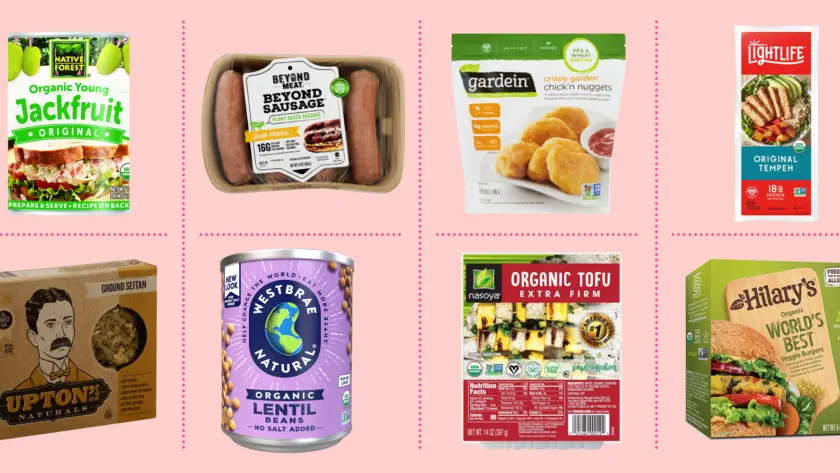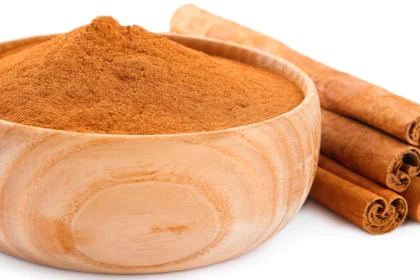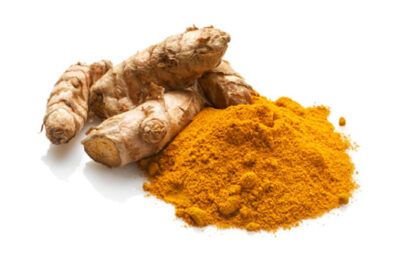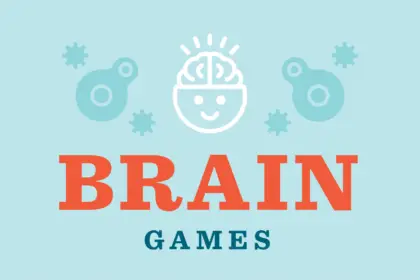“Plant-based” meat substitutes are exploding in popularity lately, with grocery stores stocking their shelves with a seemingly endless array of vegan burger patties, sausages, grounds, and other meat-mimicking options. While having more veggie-friendly choices is undoubtedly a positive thing, not all meat substitutes are created equal when it comes to your health. Many of these products are highly processed and packed with sketchy ingredients that can negate some of the benefits of eating less red meat.
In this article, we’ll look at 5 of the worst offenders that may be doing more harm than good. We’ll also discuss better plant-based protein options to seek out instead, whether you’re vegan, vegetarian, or just trying to cut back on meat. With the massive boom in meat alternatives hitting the market lately, it’s important to read labels carefully and understand exactly what you’re eating. Not all veggie burgers are healthy!
Certain meat substitutes rely heavily on processed ingredients, artificial flavors, and fillers to achieve the taste and texture of real meat. But your body doesn’t recognize these synthetic ingredients, which can lead to inflammation, digestive issues, and other problems. We’ll highlight the top ingredients to watch out for.
The good news is that there are plenty of minimally processed, whole food-based sources of plant protein that provide solid nutrition without the nasty additives. Swapping out the worst faux meat products for unprocessed options like beans, lentils, tofu, tempeh, and edamame can help you feel your best while still keeping meat off the menu. With a little know-how, you can easily avoid the unhealthy meat substitutes hiding out on store shelves.
5 Top Unhealthy Meat Alternatives
Swapping some of the meat in your diet for plant-based protein will help you save on saturated fat and take in a wider variety of nutrients. But vegetarian versions of your carnivorous favorites, like meatless chicken nuggets and tofu Italian sausages, aren’t necessarily better for you than the real deal—most are highly processed and loaded with sodium.
Even if you’re opting to go meat-free for animal welfare reasons, you can still opt for healthier choices. Use this list to learn about the worst meatless foods for your diet, and how to fill your plate with healthy plant-based protein.
Veggie Burgers And Meatless Chicken Nuggets
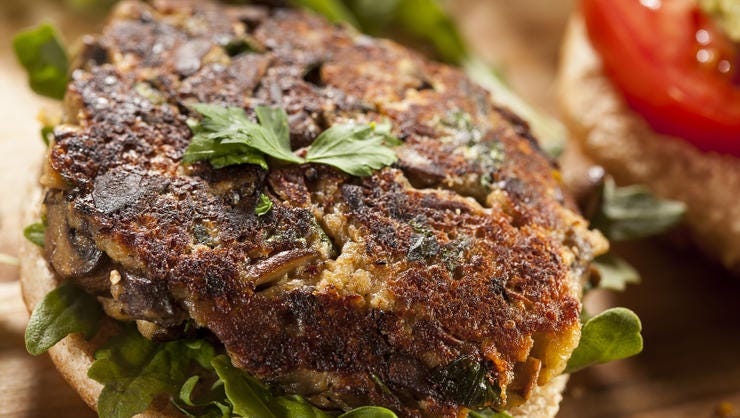
Meatless freezer foods are low in fat, but they tend to pack tons of salt. One Gardenburger Original Veggie Burger patty, for example, contains 400 milligrams of sodium. Nuggets are even worse: a serving of Boca Original Meatless Chik’n Nuggets racks up a third of the 1,500 milligrams of sodium the American Heart Association recommends for optimal heart health.
“Some products have sauces or come pre-marinated, which makes it convenient and easy, but they will be really high in sodium and MSG,” says Marjorie Nolan, RD, CPT, a spokesperson for the Academy of Nutrition and Dietetics. If you’re going strictly veg, pay close attention to the labels on these products, she says. Some may actually include non-meat animal sources of protein such as egg whites.
Check out some recipes to make your own veggie burgers and nuggets at home. You can control the ingredients, seasonings and levels of salt and sugar!
Protein Powder
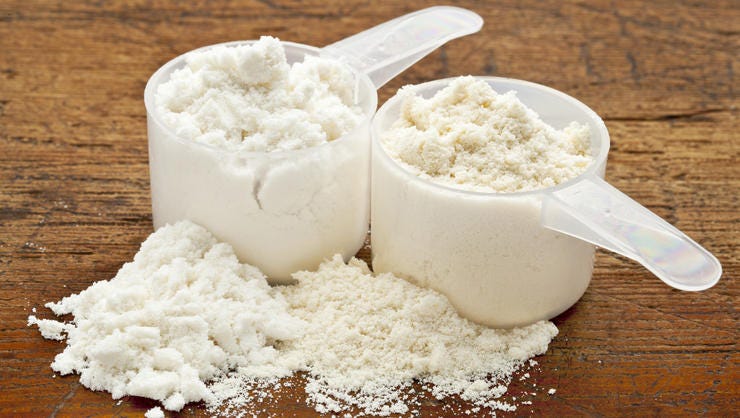
Trying to curb cravings or build some muscle? Sprinkling whey or plant-based protein powder into your morning smoothie may help. “But you don’t want this to be your primary source of protein,” says Nolan. Supplements alone cannot replace the quality proteins in meat, dairy, or the right combination of whole plant foods, she says.
If you are looking to boost your protein intake, I highly recommend looking to sea vegetables such as Spirulina. Spirulina is a blue-green algae that’s found in both oceans and salty lakes and is typically sold as a powder or in supplement form. It also contains protein, plus is a good source of B vitamins, they note, which can help with your metabolism as well as your immunity.
For example, 1 tbsp of spirulina has 4 g of protein, which is almost 13 percent of your daily value.
Click Here To Check Out Starwest Botanicals Organic Spirulina Powder
Roasted, Salted/Sugary Nuts
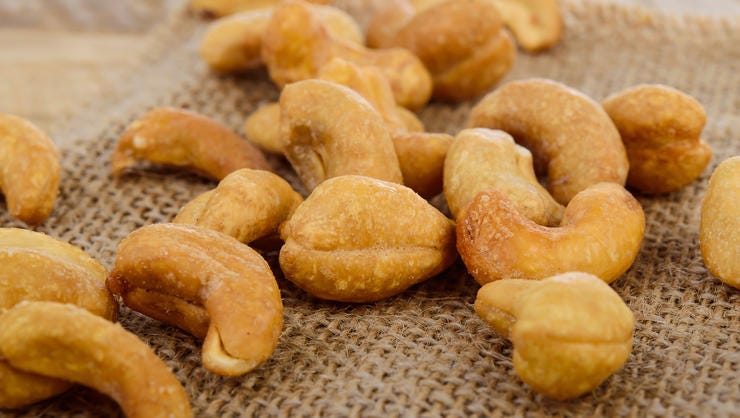
Nuts pack a dose of healthy fat in addition to protein, but they’ll do you more harm than good if they’ve been coated in sugar and salt. Swapping raw almonds instead of the honey-roasted kinds removes an additional teaspoon of sugar and 60 milligrams of sodium to your snack. Plus, seasoned versions may have less of the good stuff nuts are known for. Roasting nuts actually degrades some of their nutrients.
Tofu Deli Meats
Cheese
Eat More Of These Items Instead
Including a variety of these items is key to balancing your diet and getting plenty of healthy protein, whether your a vegan, vegetarian, plant-based, or on the quest to lose weight.
Soybeans
“Soy is a complete protein with an amino acid profile that rivals steak—only without the excess calories and artery-clogging fat and cholesterol,” says Janet Brill, PhD, RD, author of Cholesterol DOWN and Prevent a Second Heart Attack. The nutritional champions of the legume world, soybeans are also packed with vitamins, minerals, fiber, and disease-fighting plant compounds. “The best way to eat soy protein is in its least processed forms: edamame, soy milk, tofu, and natto are your best bets,” says Brill. Seek out organic when possible.
Beans, Peas, and Lentils
Legumes are a low-cost way to fill up on protein. Lentils, for example, cost pennies on the dollar and provide nine grams of protein per half-cup along with fiber, vitamins, and minerals, notes Brill. “Lentils cook up quickly and can be tossed into salads, added to pasta sauce, or eaten as a side dish,” she says. Also try mixing peas into a salad, serving beans as a side dish or using them to jazz up a salad or vegetable-based soup, and making chickpeas into hummus and using it as a sandwich spread.
Seeds and Raw Nuts
“Nuts and seeds are super sources of plant protein as well as fiber and vitamin E,” says Brill. “Some are rich in ALA, the plant version of heart-healthy omega-3 fatty acid.” But they’re high in fat, so adhere to portion sizes (a serving of almonds is one ounce—about 23 pieces—which contains 164 calories and six grams of protein) and pick dry-roasted, unsalted varieties. Can’t resist scooping up these snacks by the handful? Use nut butter as a sandwich spread or enjoy it as part of a snack, like peanut butter and apple slices, suggests Brill.
Hemp Seeds and Quinoa
Quinoa is a perfect protein on its own and hemp is nearly complete. “At nine grams of natural plant protein per cup, quinoa is one seed that should grace the dinner plates of all seeking a healthful alternative to meat,” says Brill.
In addition to protein, hemp seeds contain omega-3 fatty acids, says Giancoli. This also makes them high in fat, so go easy on these crunchy bits. Blend powdered hemp into smoothies or sprinkle seeds on top of salads or cereal. Don’t forget to grind the seeds or chew them thoroughly, notes Giancoli. “You won’t get all of the protein or fatty acids from the seeds unless they are broken open,” she says.
Whole Grains
“Grains are a great source of protein as well as fiber, vitamins, minerals, and disease-fighting antioxidants,” says Brill. “Just make sure the grains you choose are whole, as processed grains lose their fiber, natural vitamins and minerals, and some of their protein.” And don’t snack on slices of multigrain bread solo and expect to reap the protein benefits of beef. By themselves, most grains, seeds, nuts, and legumes don’t contain all nine essential amino acids, says Giancoli. However, if you consume grains along with a variety of other protein-containing plant foods in a meal (e.g. rice and beans), or even within the same day, they willdeliver the benefits of complete protein.
In Conclusion:
While meat substitutes can be a convenient way to cut back on meat, it’s important to pay attention to the ingredient list. Heavily processed options packed with artificial ingredients don’t align with a healthy, whole foods diet. Choosing less processed meat alternatives made from whole foods like beans, legumes, tofu, tempeh, and edamame provide plenty of plant-based protein without the additives.
If you currently eat a lot of highly processed meat substitutes, gradually swapping them for more whole food-based options can help you feel better while still keeping meat off your plate. Double check labels and opt for products with recognizable, pronounceable ingredients. Your body will thank you. At the end of the day, unprocessed plants like lentils and peas have sustained humans for thousands of years – you really can’t go wrong basing more meals around these nutrition-packed foods.
Moderation is key for even healthier meat alternatives like tofu dogs and burgers. While fine in moderation, making plants like beans, lentils and whole grains the foundation of your diet is ideal for health. With so many plant-based options available now, there’s no need to settle for highly processed imitations.
